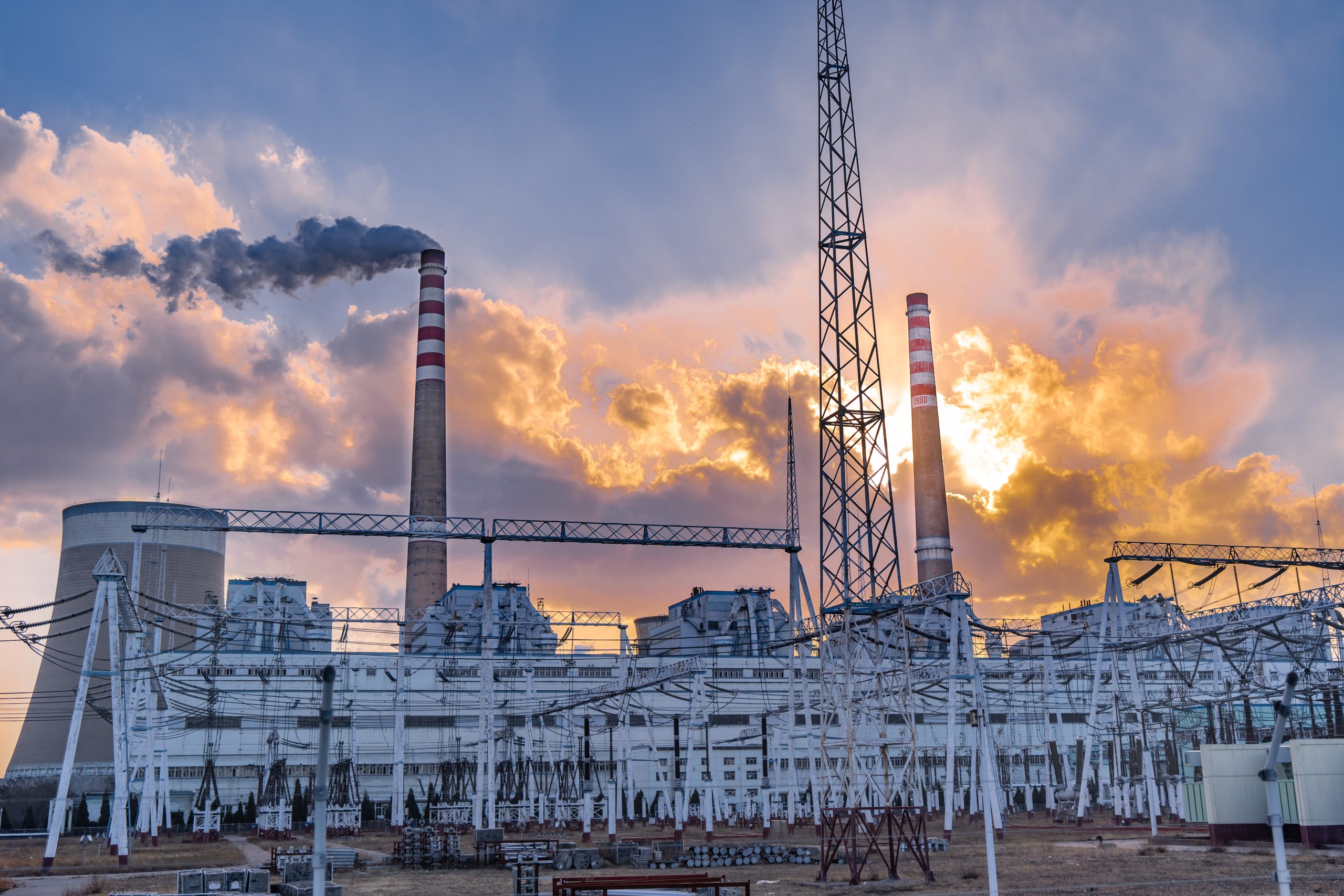Yang Changli, Chairman of China General Nuclear Power Group
As a stable and reliable low-carbon energy source, nuclear is the only non-fossil fuel energy source excluded from China’s green energy framework. Such exclusion not only hinders the achievement of the nation’s “dual carbon” goals but also goes against the long-term prospects of the nuclear power sector.
Nuclear power (in China) can contribute over 160 billion kilowatt-hours of electricity to the market per year, making it a significant green energy option. However, currently nuclear power firms are unable to furnish official certifications like green certificates, which hampers their ability to meet the growing social demand for green energy consumption.
Moreover, the exclusion of nuclear power from China’s green energy system poses challenges to its market competitiveness. When purchasing nuclear power, entities responsible for renewable energy integration, such as grid operators, electricity retailers, and consumers, are still required to assume the same duties and quotas as when buying fossil fuel energy. This fails to acknowledge nuclear power’s contributions to emission reduction, thereby discouraging consumer enthusiasm for it.
Incorporating nuclear power into the green energy framework is both necessary and feasible. The policy precedent of including hydropower in green certificates offers valuable insights for the integration of nuclear power.



